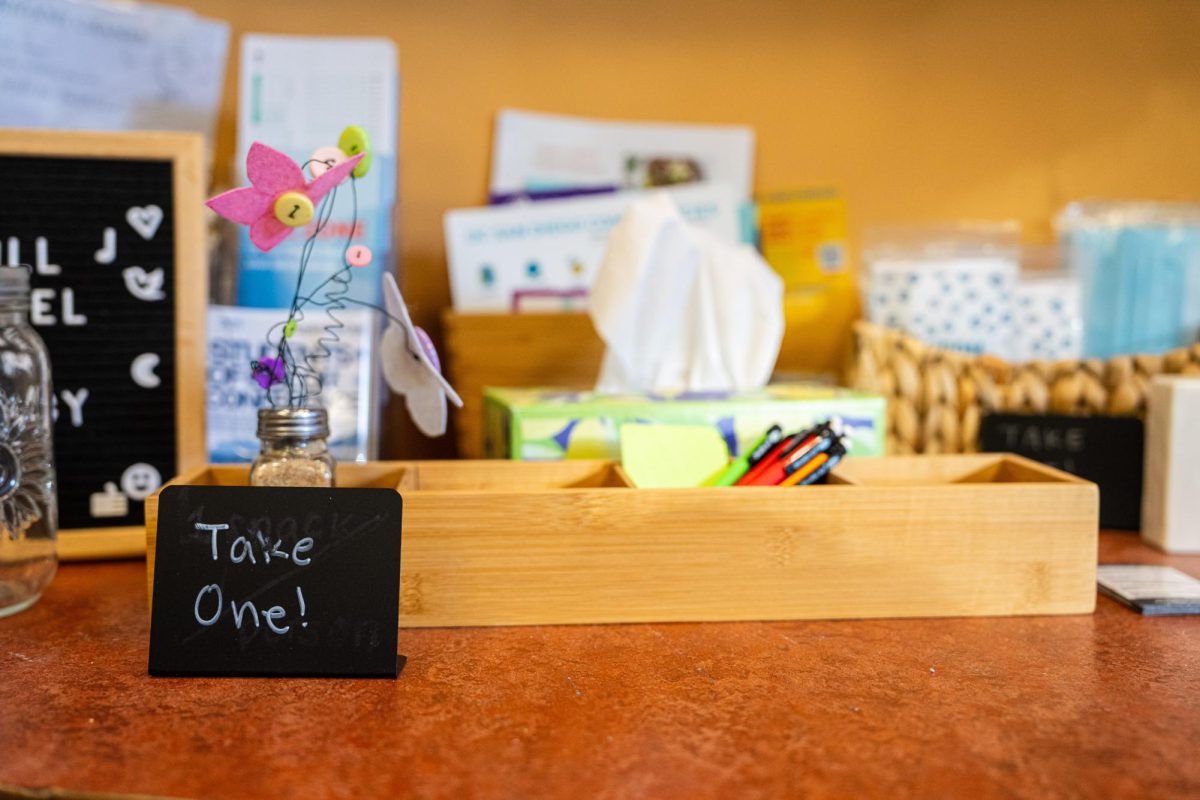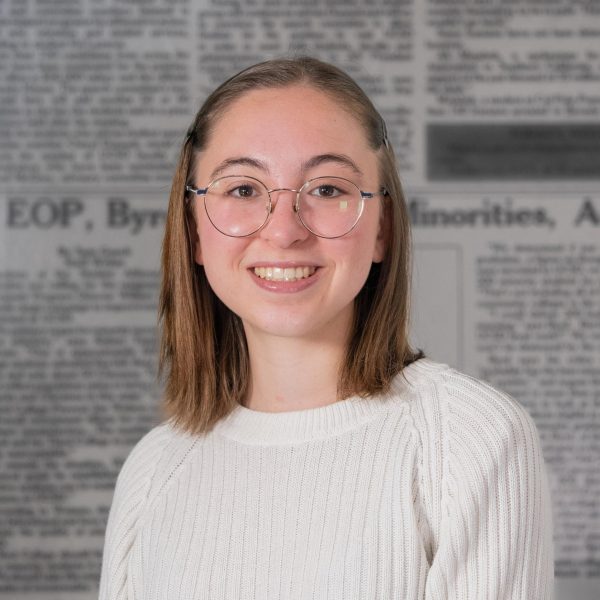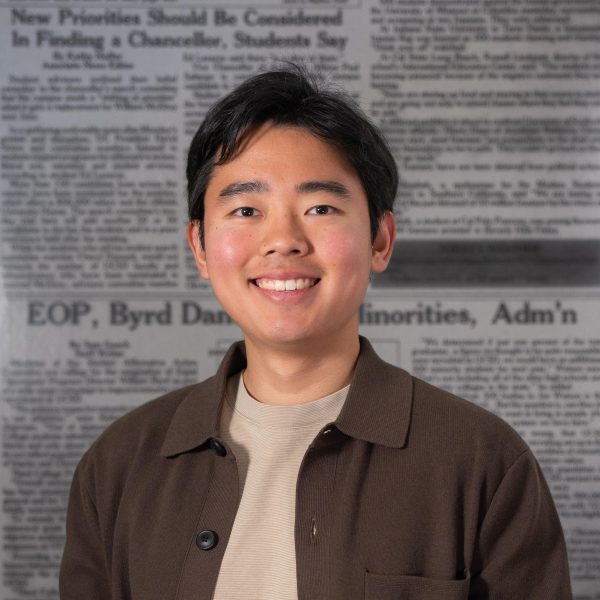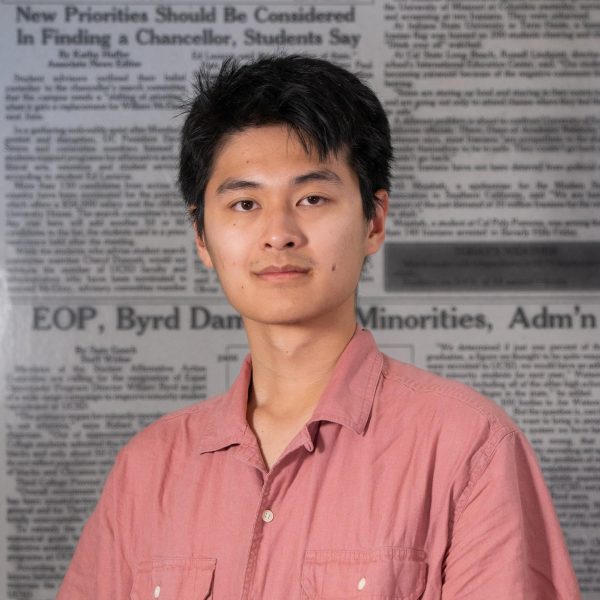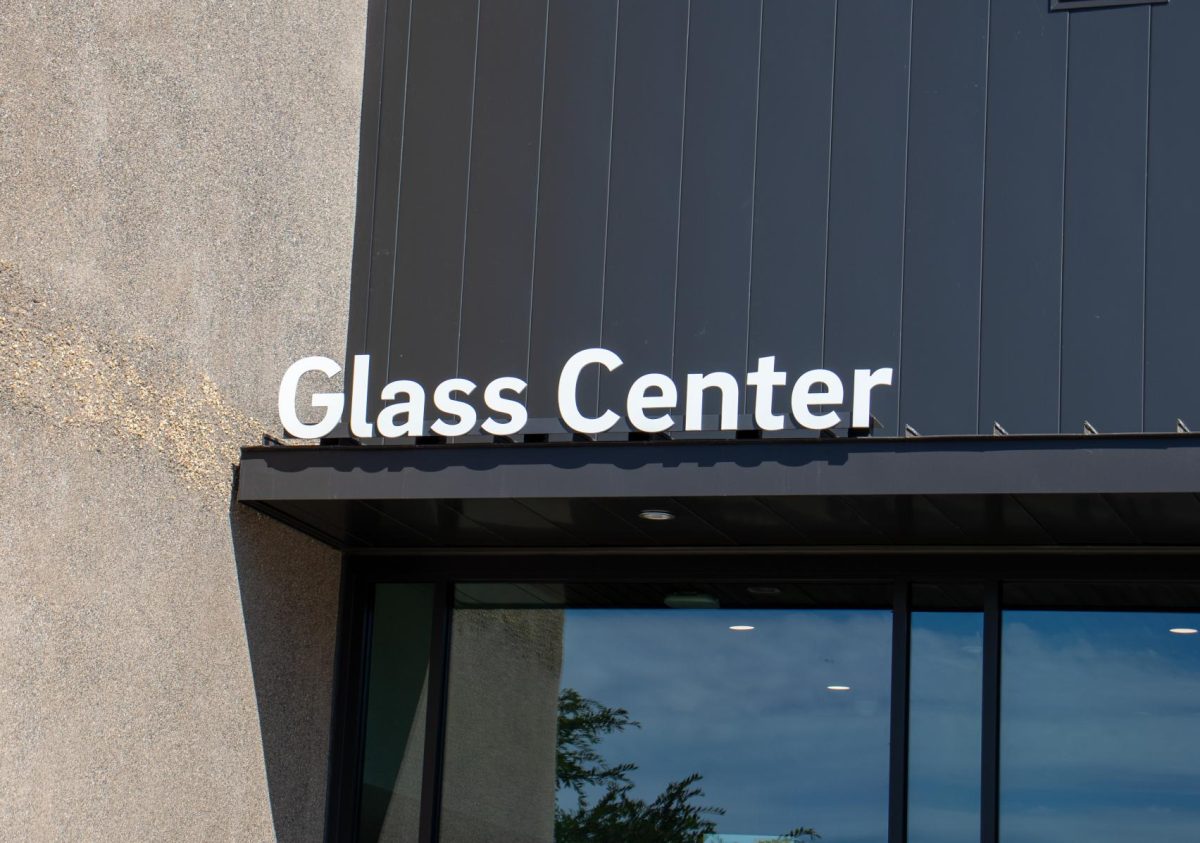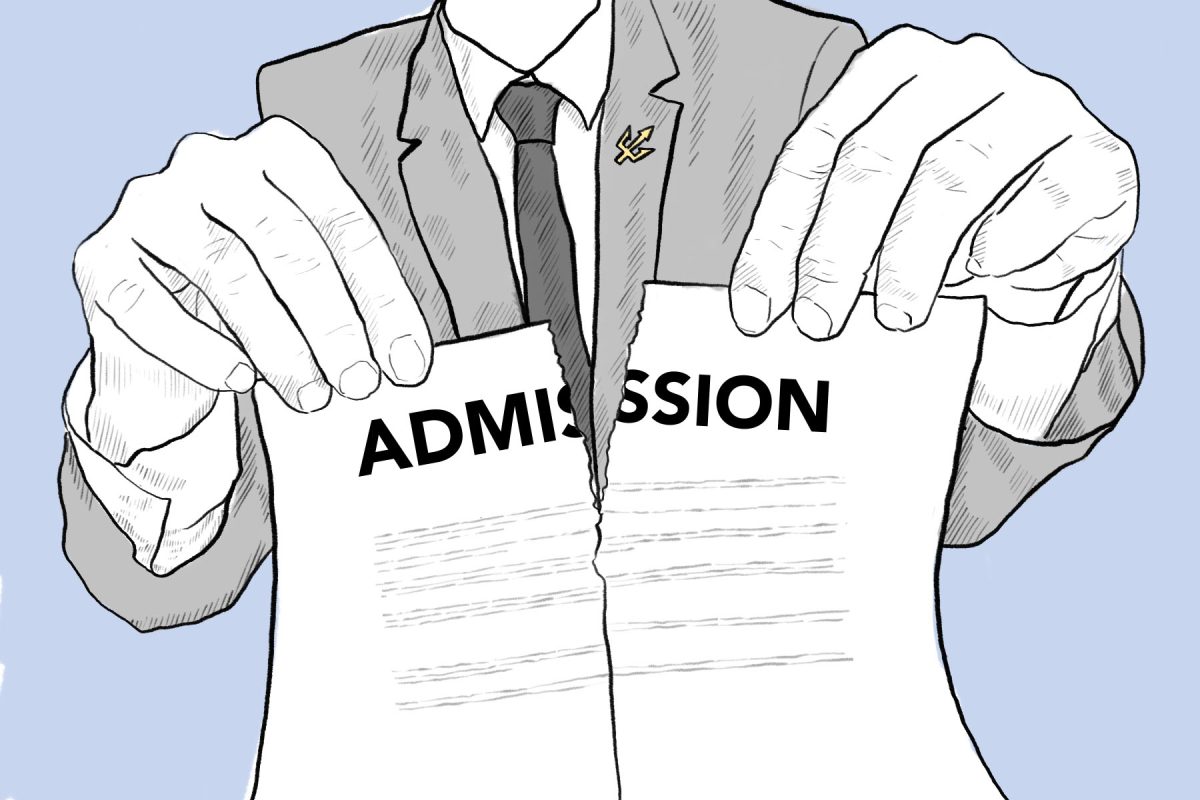UC San Diego has the highest population of low-income students among all statistically comparable institutions. Further, 43% of undergraduates face food insecurity and 8% face housing insecurity, according to the most recent Undergraduate Experience Survey report. Over the past decade, the University has expanded its basic needs programs to increase student access to day-to-day necessities.
In 2014, the University of California launched the UC Global Food Initiative and sparked the creation of dozens of student and community resources at UCSD. The GFI was the UC system’s first overarching plan to address basic needs barriers. Within the first year of its implementation, UCSD created the Triton Food Pantry, which partners with the San Diego Food Bank and the Garden of Eden to provide UCSD students access to free groceries through weekly appointments. The school also established the Ocean View Growing Grounds, a thriving garden located on Ocean View Boulevard that provides free produce to the surrounding community and acts as an “environmental justice learning hub.”
Since the initiative launched, UCSD continued implementing new programs to support access to food, housing, and more.
To access these resources in one centralized location, students can drop by The Hub Basic Needs Center in the Old Student Center on any weekday. Established in February 2018, The Hub is a holistic space to address all basic needs-related concerns of UCSD students, offering informational workshops, drop-in counseling sessions, and personalized resource referrals. It is not only a hub of information but also a sanctuary for those who simply need to rest and recharge — an inviting, comfortable space to rest or study with a cache of free snacks, coffee, and personal care products.
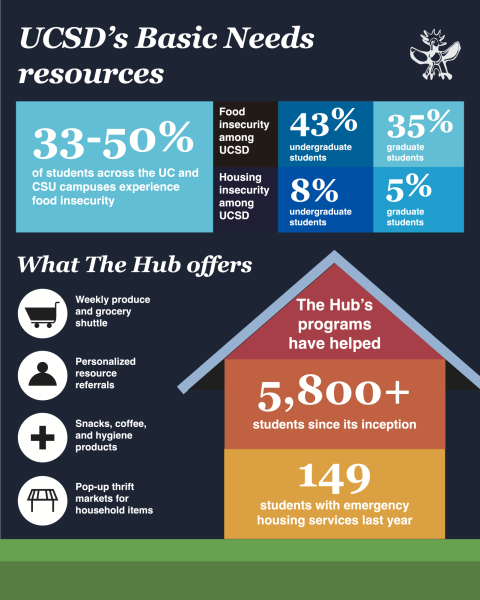
Louis Avalos, head of The Hub’s peer education team, explained the passion and enthusiasm that characterizes the space’s environment.
“A lot of offices, centers, and workplaces will claim their environment is that of a family, yet we know corporate America never fully encompasses that feeling — but the Basic Needs Center does,” he said. “The work is definitely hard, as folks who do this work genuinely care; therefore, it takes a huge commitment of emotional labor. And the work we do is a labor of love.”
The Hub organizes its resources into three main categories: Housing Resources, Food Security, and Financial Wellness.
Under Housing Resources, The Hub offers consultations to help students navigate the off-campus housing process. They also connect those in need of transitional or temporary housing with Emergency Housing Services.
Carolyn Tinoco, Basic Needs Housing and Education coordinator, explained that UCSD has decreased its Basic Needs budget in the face of university-wide budget cuts. Although the Off-Campus Housing Office has been able to reach hundreds of students, off-campus housing remains difficult to access as rent continues to increase in the San Diego area.
“We were able to support and help 149 students with emergency housing services last academic year, but the need for housing is much higher than the students that we can serve here at The Hub,” Tinoco said.
The Hub’s Housing Resources program is also working on offering more cost-effective and sustainable resources for students, such as free pop-up thrift markets. “The reasoning behind free thrift is simple to understand,” Tinoco said. “The cost of living for everyone is high, but … free items like dishes, pans, or a rice cooker could make your space feel more like home.”
The Hub’s next thrift market is set to occur on April 9 in the Old Student Center courtyard; in future years, Tinoco plans to host these markets every Fall and Spring Quarter.
Within Food Security, The Hub has helped students connect with CalFresh, which is California’s Supplemental Nutrition Assistance Program that has provided state residents with monthly benefits to help finance groceries since 2017. Students can use CalFresh benefits at all campus markets –– a crucial resource for the 22% of undergraduate and 29% of graduate students who utilize it. The Hub also offers regular self-advocacy workshops, webinars, and virtual clinics, sharing information about the basics of food insecurity, how to use CalFresh, and walking students through the application process.
“We are constantly reminding students [of] the spectrum of food insecurity, as folks usually mistake the ‘college struggle’ — such as eating ramen constantly — as normal when it’s not,” Avalos shared. “We remind students that this is a systemic issue, traveled along many generations, which has disproportionately impacted the most vulnerable populations.”
To combat this, alongside these immediate and long-term resources for food-insecure students, UCSD Basic Needs also offers other ongoing services to the larger student body. For example, the division is responsible for transportation services like the free weekend Grocery Shuttle and online Affordable Grocery Store Map, which address the universal impact of food insecurity.
Though many undergraduate students overlook their importance, financial literacy and money management are critical skills for young adults. Accordingly, The Hub urges all students to explore financial education resources as part of its basic needs offerings. Just as food and housing resources are necessary for students to live stable lives, so is comprehensive and up-to-date financial education.
Now more than ever, financial reporters insist on the urgency of this need. Dow Jones Factiva reports that, as of 2021, Generation Z has the lowest financial literacy of all current generations based on the Personal Finance Index. Through the Financial Aid and Scholarships Office, students can not only apply for cost-of-tuition appeals and emergency loans, but they can also find programs, videos, and other resources for developing lasting financial literacy.
In Fall 2018, Basic Needs also established the Personal Hygiene Program, a free hygiene product pickup service that students can now access through The Hub.
Zion Avery, basic needs assistant lead at The Hub, shared that the program has helped over 5,800 students since its inception. Avery has worked to ensure that the program continues to reach as many students as possible, even in the midst of budget cuts. The program offers weekly appointments for students facing financial hardship to pick up these products to alleviate the cost of maintaining personal hygiene.
“We want to offer things like first-aid kits in the future and hopefully larger product quantities and sizes,” said Avery. “But as of right now, my main focus has been maintaining the program during this budget cut while looking for resources that will help alleviate the financial problem.”
Whether it’s personal hygiene products or any other essential resource, Avery shared that one of The Hub’s key focuses is on combatting the social stigma surrounding basic needs aid. “We always try to be extra kind when people walk into The Hub,” she said. “For a lot of people, it can be a nerve-racking experience already, so by having a welcoming space, we also hope to [destigmatize] the work we do by making it feel less shameful or embarrassing when you come in.”
To provide support in the midst of the ongoing Los Angeles wildfires, The Hub has compiled a list of community resources for those affected, including ways for students to reach out for support. Students can find these resources, along with information on any future informational events or workshops, at @ucsdbasicneeds on Instagram. UCSD Basic Needs’ full list of community resources is also available on its website.
A stable livelihood is paramount to UCSD students’ success. As the University cuts funding from student services across the board to account for state budget cuts, The Hub is advocating for its right to continue providing fundamental resources for this stability.



